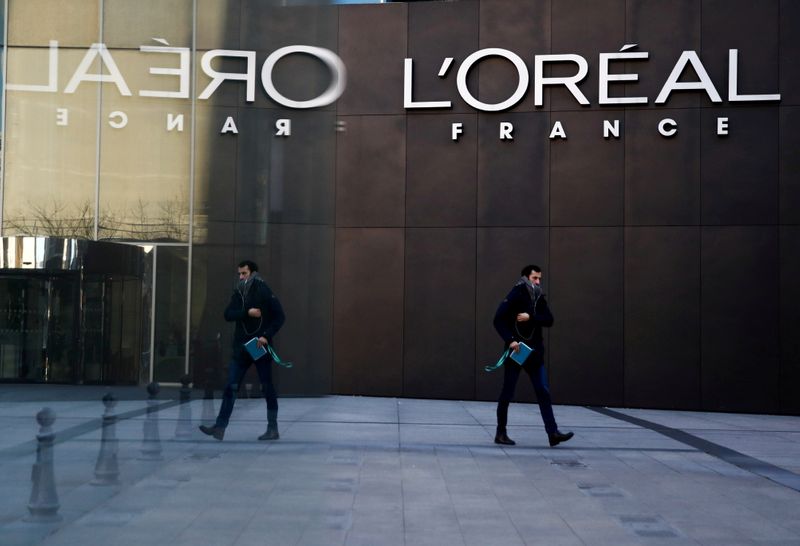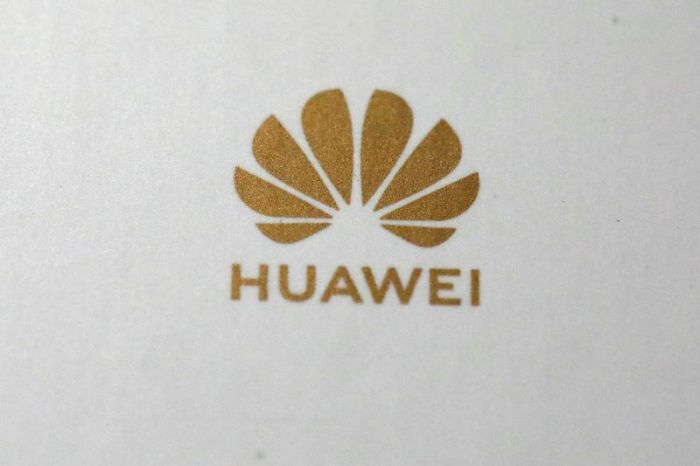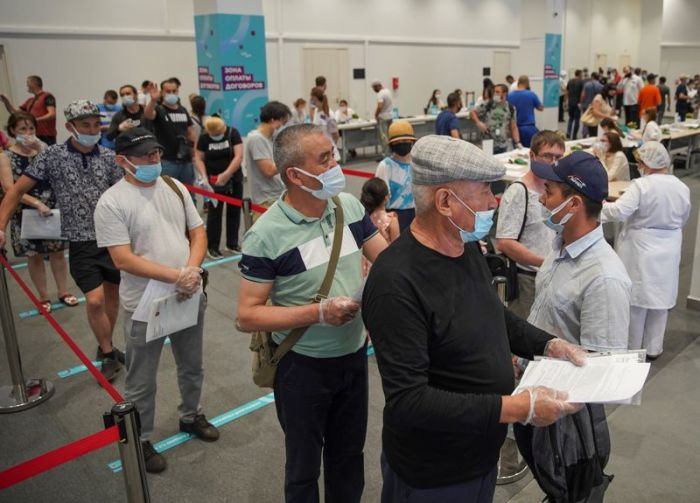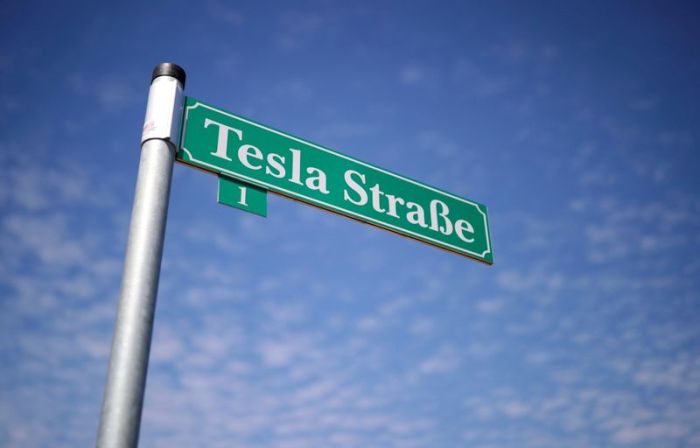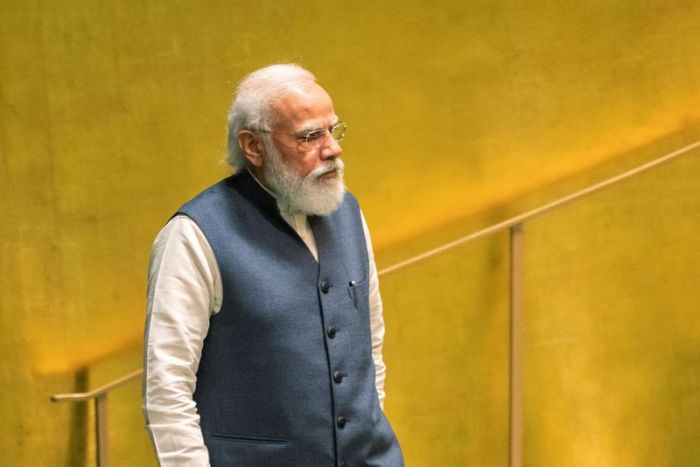PARIS (Reuters) -L’Oreal on Thursday posted better-than-expected revenue growth for the third-quarter, fuelled by continued strong demand for its luxury lines and sustained growth in China.
The French group, which owns brands like Lancome and makes Armani cosmetics, saw luxury sales surge over 20%, as it benefited from e-commerce channels it expanded during the pandemic and stores that reopened.
Though mainland China continued to post double-digit growth during the quarter, helped by strong demand for hair and skincare products, growth was tempered by a resurgence of some regional coronavirus curbs.
Chief Executive Nicolas Hieronimus said the restrictions had mostly impacted in-store sales and that the country’s e-commerce business continued to flourish.
“China’s population and its middle classes are increasing and their appetite for beauty is not satisfied,” Hieronimus told analysts in a call.
China last year became the world’s second-largest market for beauty and personal care products after the United States, according to market research firm Statista, as a growing middle class and social media influence boosted demand for premium brands.
Calls from the Chinese government for a “common prosperity” – a broad policy drive to narrow the gap between rich and poor – have however stoked investor concerns the state could seek to restrict high-end purchases.
But Hieronimus said that efforts to redistribute wealth would likely increase the middle classes and benefit L’Oreal’s business.
He said that premium lines were L’Oreal’s fastest growing categories in China, citing cosmetics brands Lancome Absolue and Helena Rubinstein.
The company reported sales up 13.1% from July to September, excluding currency swings and acquisitions, materially beating analysts’ forecasts.
Consensus estimates cited by Deutsche Bank had predicted growth at around 8%, fearing that demand would taper off following a post-lockdown boom.
Sales had surged 33.5% in the previous three months, when L’Oreal and fashion labels benefited from booming Chinese and U.S. demand amid easing coronavirus curbs.
(Reporting by Mimosa Spencer and Sarah Morland; Editing by Elaine Hardcastle, Jonathan Oatis and Nick Zieminski)

